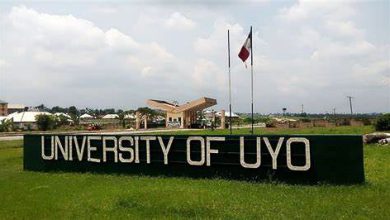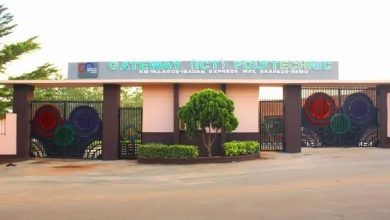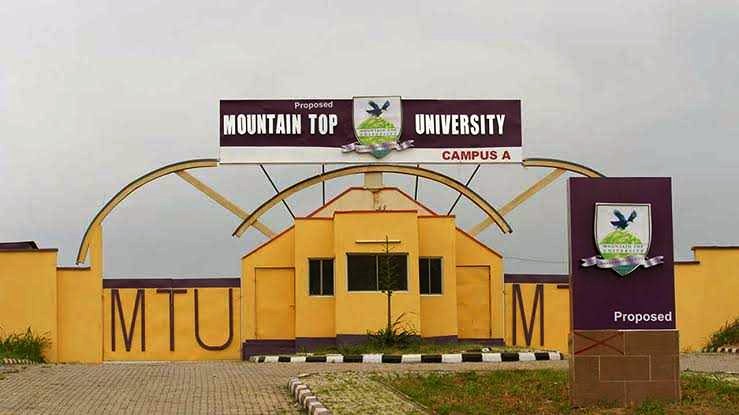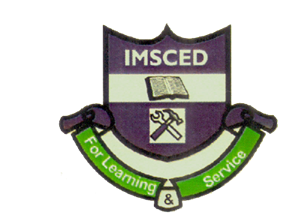Dala College of Education, Kano, Courses, Hostel Accommodations and Admission Requirements
Do you want to enroll in Dala College of Education, Kano but you don’t know if the course you want to study is being offered by the School? How about understanding the necessary requirements for enrollment in the school? You can use the information in this article to learn everything you need to know about the school.
This article details the school admission requirements, hostel accommodations and list of courses offered
About Dala College of Education, Kano
Dala College of Education was established as a state-owned tertiary institution for training teachers. It was founded to help address the shortage of teachers in Kano state.

The college has grown over the years and now offers various programs at the Nigerian Certificate in Education (NCE) level, including courses in Mathematics, English, Chemistry, Biology, Social Studies, and more.
Dala College of Education, Kano Admission Requirements
There are some things you need to do in order to get into Dala College of Education, Kano Knowing these ahead of time will help you make sure your application is complete and raise your chances of being accepted.
Minimum Requirements for Admission
In order to be admitted, you must:
- Have at least five credits in related subjects, such as English Language, Mathematics, one Science subject, and two other subjects. You can get these credits in one sitting or over two sittings, but not more than five credits in a row.
- You have to be at least 16 years old to apply.
Must have at least five years of education after elementary school. - For Direct Entry candidates, you must have at least one upper credit in the appropriate ND program.
- Must get at least the minimum score on the UTME to get into the college. The cut-off mark changes every year based on how much competition there is.
- Must have made their first choice when they signed up for JAMB.
Steps for Applying
If you want to get Admission you need to do the following:
- You can either buy the college’s application form from the admissions office or get it from the website. Carefully read and fill out the form.
- Attach printouts of your IDs, such as your birth certificate, WAEC or NECO results, proof of where you live, etc., to the form you’ve filled out
- Before the due date, bring the completed admission form along with the necessary papers to the admissions office. Applications that are too late will not be looked at.
- Check the website or notice board of the admissions office or the admissions list to see if you were given provisional admission.
- You have until the due date to accept the offer of entry on the college’s website or in person at the admissions office. If you do not accept by the limit, you will lose your chance to be admitted.
- When school starts up again, go to the college for screening and registration. Bring the original copies of the papers that are attached to your admission form so that they can be checked.
- Being able to go is possible if you carefully follow these entrance rules.
Courses Offered
- Arabic
- Islamic Studies
- English/Islamic Studies
- Social Studies
- English Hausa
- English Computer
- Biology Computer
- Mathematics Computer
- Integrated Science Primary Education (PED)
Hostel Accommodation
On-Campus Accommodation
Dala College of Education, Kano provides on-campus accommodation for students in the form of hostels located within the college premises. The hostels are divided into male and female residences to provide comfortable living conditions for students.
Hostel Facilities
The hostels offer basic amenities for students including single and double rooms, common rooms, bathrooms, and kitchenettes. Single rooms provide private space for students while double rooms allow for shared accommodation at a lower cost. Common rooms create space for students to study and socialize together. Bathrooms and kitchenettes provide necessary facilities for daily living.
Hostel Rules
There are
FAQs
What courses are offered at Dala College of Education?
Dala College of Education offers a variety of courses in different areas of study. The college has four faculties: Faculty of Arts and Social Sciences, Faculty of Science, Faculty of Vocational and Technical Education, and Faculty of Languages. The courses offered include Bachelor of Arts (Education), Bachelor of Science (Education), Bachelor of Vocational Education, and Postgraduate Diploma in Education.
What is the admission process?
To gain admission into Dala College of Education, you must meet the minimum entry requirements set by the college which include five credits in not more than two sittings in relevant subjects. Applicants are required to take an entrance examination and go through an interview. Successful candidates will be admitted based on the scores from the entrance exam and interview. ###What facilities are available in the college? Dala College of Education has various facilities to support teaching and learning. Some of the facilities include:
- Classrooms: The college has over 60 classrooms for lectures and tutorials.
- Laboratories: There are science laboratories for biology, chemistry, and physics as well as computer laboratories.
- Library: The college library contains over 50,000 books, e-books, and periodicals.
- Sporting facilities: Facilities for various sporting activities such as football, basketball, volleyball, etc. are available.
- Accommodation: The college provides accommodation for students within the campus.
- Health center: There is a health center on campus with nurses and doctors to attend to students’ health needs.
What career opportunities exist for graduates?
Graduates of Dala College of Education have diverse career opportunities. Some options include:
- Teachers in primary and secondary schools.
- Lecturers in colleges of education and polytechnics.
- Researchers and education consultants.
- Curriculum developers.
- Educational administrators and managers.
- Guidance counselors.
The knowledge and skills gained from Dala College of Education prepare graduates for a successful career in Nigeria’s education sector. With additional experience, graduates can attain leadership positions in schools and educational organizations.
Read also: Best Universities to Study International Law in Nigeria








